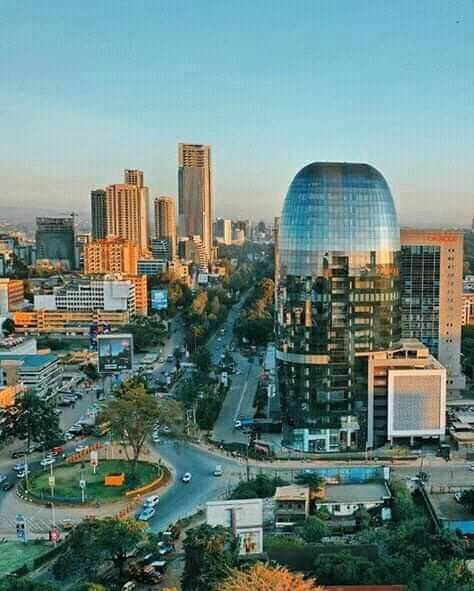Most real estate developers and investors are very optimistic as they anticipate favourable measures to be presented in the budget for the fiscal year 2020-2021. The measures are meant to spur growth in Kenya’s real estate sector. Reducing the housing deficit, supporting job creation and attracting foreign direct investments are key to enhance and revive the real estate sector impacting positive growth in the economy. Moreover, the budget measures should also establish a strong emphasis during and after the Covid-19 pandemic on boosting the development of affordable housing in the real estate market.
Additionally, a reduction of taxes on construction materials such as steel, iron sheets and cement is expected to revitalize constructions activities. This is also to challenge liquidity in the real estate sector, to boost manufacturing output and support infrastructural development. To save hurting businesses, a one year tax holiday should be given to ensure that some developers or investors get financial relief to complete on-going projects and to sustain the business. Reductions on home loans interest rates will increase the demand for affordable housing. This in return will have a positive impact on the cash flow of many real estate firms.

4 Bedroom villa for sale in Syokimau

4 bedroom house for sale in Athi River

Houses for Sale in Ngong, Kajiado County

Four bedrooms Villas on sale in Ngong
On June 11th 2020, the national budget was presented to the national assembly by the finance minister Mr Ukur Yatani. A declining GDP was estimated by the CBK to operate at 2.5 per cent with the economic growth expectation of 1.6 per cent. The budget is meant to stimulate the economy as the country is experiencing a disrupted supply chain and a reduced investment appetite. As such, the government proposed recovery policies and measures to revive the economy during the coronavirus pandemic. Infrastructural and the development of the affordable housing segment, as one of the government’s Big 4 agendas was given a considerable allocation in the budget statement proposal.
The budget proposal will impact the real estate and construction sectors bringing ripple effects to the economy. This will also help the industry to kick start activities.
- Taxation: The government proposed to review the threshold for the rental income tax rated at 10 per cent for landlords on the Income Tax Act. This was an upward from below Ksh 10 million to below Ksh 15 million per annum. Landlords who were locked out due to the Ksh 10 million limit are expected in this case to utilize the simplified tax regime.
- Construction: The government proposed to use local contractors to rehabilitate road networks that were damaged by recent heavy rains experienced across the country. In supporting the construction, maintenance, rehabilitation of bridges and roads, the Treasury proposed to allocate Ksh 172.4 billion. Also, the Treasury proposed to allocate Ksh 18.1 billion and for the Nairobi-Naivasha SGR Phase 2, Ksh 6.3 billion for the Horizontal Infrastructure Phase 1 (EPCF) for Konza Technopolis City, Ksh 6.0 billion for the LAPSSET Project, Ksh 400 million for the ongoing construction of Konza Technopolis Complex Phase 1B and Ksh. 5.1 billion for the Konza Data Center & Smart City Facilities project. The government also proposed to review the contracting framework for the infrastructural projects in the country to increase local constructors participation in the country and sustain the cash flow of construction companies.
- SMEs: The government addressed the recovery of collapsing SMEs including the construction and real estate sector. The Treasury proposed measures for local procurement to promote the Buy Kenya Build Initiative and continuation of the Credit Guarantee in a structured and efficient way.
- Affordable Housing: The Kenya Mortgage Refinance Company (KMRC) was established by the Kenyan government with a view of providing fixed-rate long term loans at a privileged mortgage rate to housing mortgage providers in the real estate sector. Also, this is expected to benefit homebuyers at a lower market rate. The Treasury is interested in securing Ksh 35 billion from development partners to support the KMRC’s operations, besides facilitating adequate liquidity maintained by the housing mortgage providers. This is expected to prevent interruption in supporting affordable housing projects and limit credit downturns that might disadvantage lower-income households. The KMRC is expected to play an important role in the structuring of the National Credit Guarantee scheme in creating a mortgage guarantee that will cover the losses incurred by lenders in future home loans.
The real estate sector is expected to increase and grow with the proposed interventions. With the budget, the deficiency is projected to rise to 8.3 per cent from 7.5 per cent. The government should take into consideration to establish construction sector measures. Hopefully, the measures should revive the economy amidst the Covid-19 pandemic kick-starting the economy.

